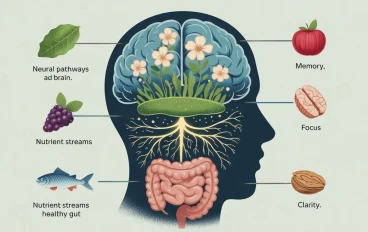
The Vital Role of Sports in Enhancing Health and Quality of Life
The Importance of Sports in Human Life: Enhancing Health and Well-Being
Sports have been an integral part of human culture for centuries, serving as a crucial element in the promotion of physical and mental well-being. The importance of sports in human life cannot be overstated, as it not only fosters physical fitness but also contributes to the holistic development of individuals. In this article, we will explore the various ways in which sports enhance human life and improve overall quality of living.
Physical Health Benefits
Engaging in sports is one of the most effective ways to maintain and improve physical health. Regular participation in sports activities helps in the development of muscles, strengthening of bones, and improvement of cardiovascular health. Sports such as running, swimming, and cycling boost stamina and endurance, while weight-bearing exercises like basketball and tennis enhance bone density and muscle mass. Furthermore, sports help in regulating body weight, reducing the risk of obesity, and associated health issues such as diabetes and hypertension.
Mental Health and Emotional Well-Being
Sports play a significant role in enhancing mental health and emotional well-being. Physical activity triggers the release of endorphins, known as the "feel-good" hormones, which help reduce stress and anxiety. Participating in sports also improves sleep patterns, leading to better mental health. Moreover, sports teach valuable life skills such as discipline, patience, and perseverance, which contribute to emotional resilience. The sense of achievement and satisfaction derived from sports can boost self-esteem and confidence, fostering a positive outlook on life.
Social Interaction and Teamwork
Sports provide a platform for social interaction and the development of interpersonal skills. Team sports such as soccer, basketball, and volleyball encourage collaboration and teamwork, teaching individuals the importance of working together towards a common goal. This camaraderie builds strong social bonds and a sense of community. Additionally, sports offer opportunities to meet new people, form friendships, and develop social networks that can be beneficial in various aspects of life.
Educational and Professional Benefits
The discipline and dedication required in sports often translate into better academic and professional performance. Students who participate in sports tend to have higher levels of concentration, improved time-management skills, and greater motivation to excel in their studies. These qualities are also highly valued in the professional world, where teamwork, leadership, and strategic thinking are essential for success. Moreover, sports scholarships and opportunities can provide educational and career advancements for talented athletes.
Life Skills and Personal Development
Sports teach invaluable life skills that contribute to personal development. The competitive nature of sports encourages goal-setting and the pursuit of excellence. Athletes learn to handle success and failure with grace, developing a strong sense of sportsmanship. The challenges faced in sports, such as overcoming injuries or setbacks, foster resilience and determination. These experiences shape individuals into well-rounded personalities capable of handling life's challenges effectively.
Conclusion
In conclusion, the importance of sports in human life extends far beyond physical fitness. Sports contribute to mental health, emotional well-being, social interaction, educational achievements, and personal development. By fostering a balanced lifestyle, sports enhance the overall quality of life and equip individuals with the skills and attributes necessary to lead fulfilling and successful lives. Therefore, incorporating sports into our daily routines is not just beneficial but essential for a healthy and happy existence.































